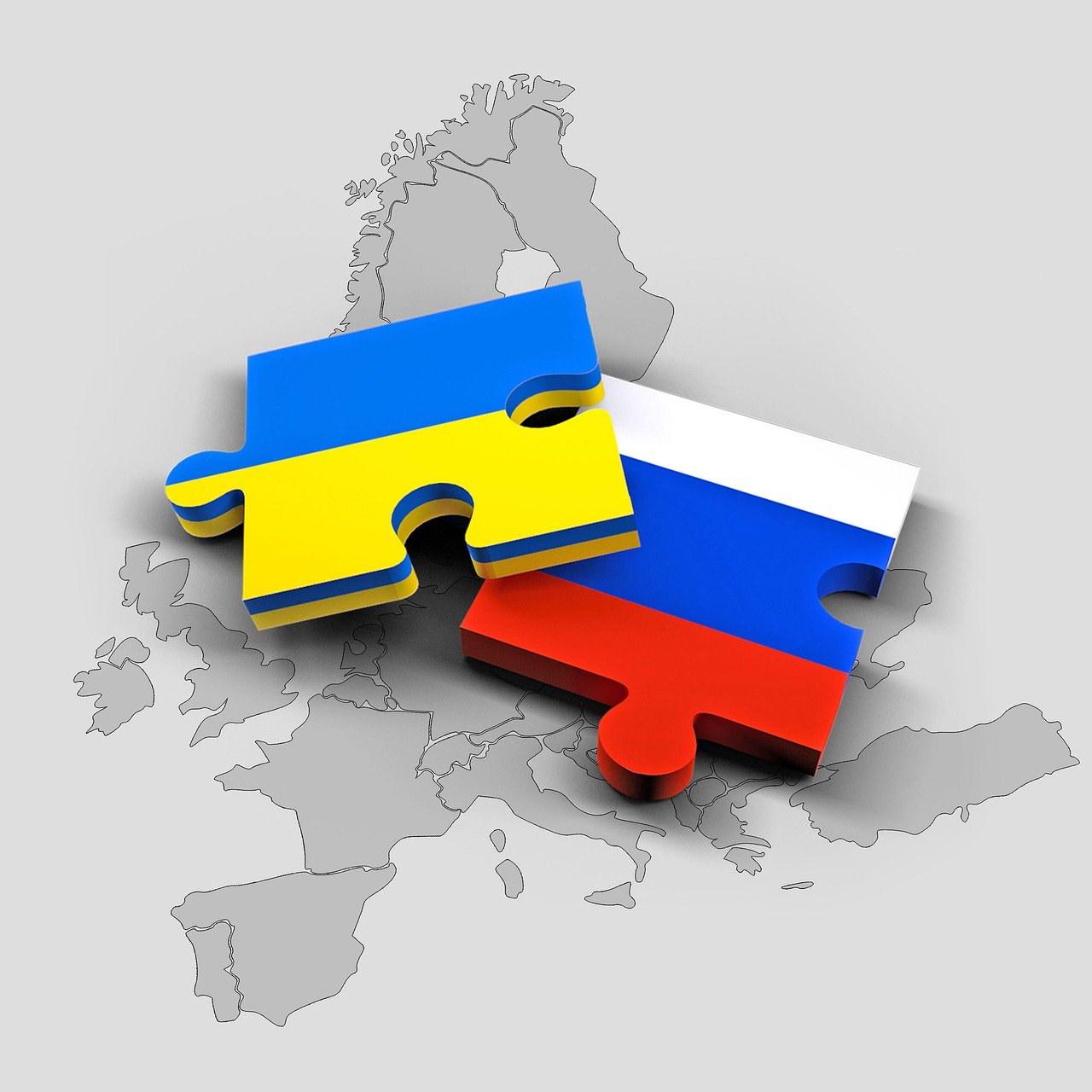The rapid advancement of artificial intelligence has emerged as one of the most transformative technological developments of the 21st century, presenting unprecedented challenges and opportunities for global governance. As AI technologies continue to evolve at an exponential pace, nations, international organizations, and policymakers are grappling with the complex task of creating frameworks that can effectively manage this powerful technological frontier.
The Shifting Landscape of International Relations
Artificial intelligence is fundamentally reshaping the dynamics of international relations. Traditional power structures are being challenged as technological capability becomes a critical measure of national strength. Countries are increasingly viewing AI not just as a technological asset, but as a strategic imperative that can determine economic competitiveness, national security, and global influence.
Nations like the United States, China, and European Union members are investing billions in AI research and development, recognizing that leadership in this domain can provide significant geopolitical advantages. The race for AI supremacy has become a new form of technological diplomacy, with potential implications far beyond conventional military or economic competitions.
Regulatory Challenges in a Complex Technological Ecosystem
The governance of AI presents a multifaceted regulatory challenge. Existing legal frameworks are struggling to keep pace with technological innovations that blur traditional boundaries of jurisdiction, ethics, and accountability. Key regulatory challenges include:
- Developing standardized definitions of AI capabilities and risks
- Creating mechanisms for algorithmic transparency and accountability
- Establishing international standards for AI development and deployment
- Protecting individual privacy and preventing potential misuse of AI technologies
- Addressing potential job displacement and economic disruption
Technological Sovereignty in the AI Era
The concept of technological sovereignty has gained prominence as countries seek to maintain control over critical technological infrastructures. This involves:
- Developing domestic AI capabilities
- Protecting national technological ecosystems
- Reducing dependence on foreign AI technologies
- Creating robust cybersecurity frameworks
- Investing in local AI research and talent development
Ethical Considerations at the Forefront
Ethical considerations are paramount in AI governance. The potential for bias, discrimination, and unintended consequences requires a proactive and comprehensive approach to AI development. Critical ethical dimensions include:
- Ensuring algorithmic fairness and non-discrimination
- Protecting human rights in AI-driven decision-making processes
- Maintaining human agency and preventing autonomous systems from making critical decisions
- Addressing potential existential risks associated with advanced AI systems
- Promoting transparency and explainability in AI algorithms
Global Cooperation Frameworks: A Collaborative Approach
Addressing the challenges of AI governance requires unprecedented levels of international cooperation. Emerging frameworks are focusing on:
- Multilateral dialogues and consensus-building
- Shared principles for responsible AI development
- International research collaborations
- Coordinated regulatory approaches
- Knowledge sharing and best practices exchange
Conclusion
The journey of AI governance is just beginning. As technological capabilities continue to expand, the need for adaptable, comprehensive, and ethically grounded governance models becomes increasingly critical. Success will depend on our collective ability to balance innovation with responsibility, technological advancement with human-centric values.
Nations, organizations, and individuals must work together to shape an AI future that reflects our highest aspirations for technological progress and human welfare.



